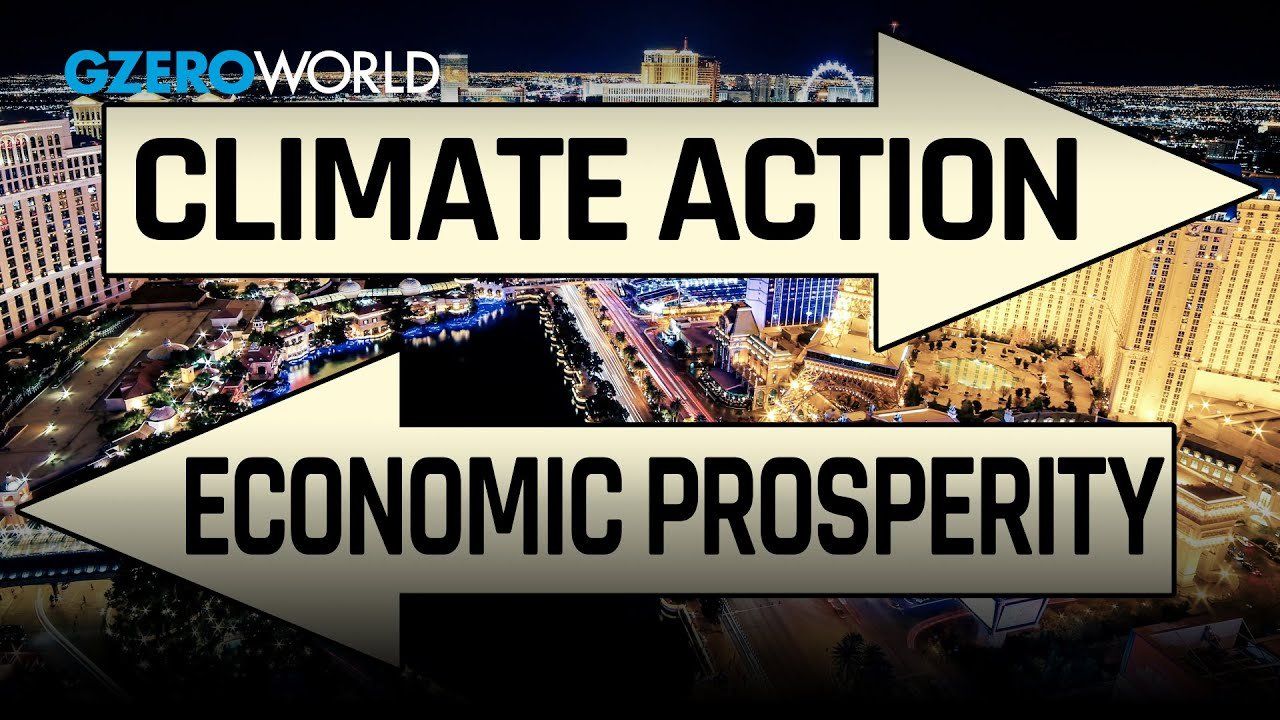Bjorn Lomborg wants to redefine climate change's impact on our lives and economy

Climate change is an urgent problem, but it can be helpful to think about it in the long term because it’s a problem that will be inherited by generations to come.
On GZERO World, Ian Bremmer challenges controversial climate author Bjorn Lomborg on whether his perspective on climate would be different if he were going to live for 200 years instead of the typical 85. But Lomborg holds fast in his belief that though climate change will affect the trajectory of human progress, it won’t lead to the most dire predictions forecast by climate scientists. Instead of searching for a panacea, Lomborg says the world should focus on policies that address climate change in the most cost-effective and efficient ways.
Bremmer challenges Lomborg to think about the potential loss of coastal areas and homelands from rising sea levels, which would lead to a significant shift in how people perceive the future of the planet. But Lomborg is firm in his belief that straight-line thinking is counterproductive. Lomborg predicts we’ll be able to protect most places with advances in technology and that worst-case climate scenarios won’t come to pass.
Catch GZERO World with Ian Bremmer every week at gzeromedia.com/gzeroworld or on US public television. Check local listings.
- Climate change: are we overreacting? ›
- "Climate is a problem, not the end of the world" - Danish author Bjorn Lomborg ›
- Can the world run on green energy yet? Author Bjorn Lomborg argues that's very far off ›
- Podcast: Challenging the climate change narrative with Bjorn Lomborg ›
- Climate change isn’t the most immediate threat to humanity, argues Niall Ferguson ›
- Fix climate change, don't just adapt to its consequences ›
- What Africa has to say about climate change ›
- Climate change trade wars ›
- How China fits into global climate change ›